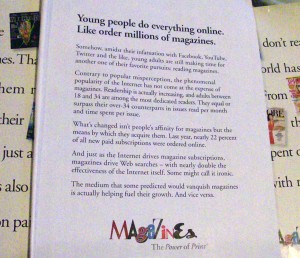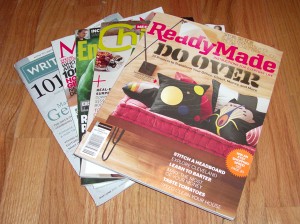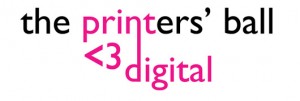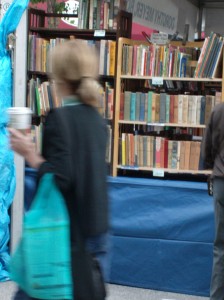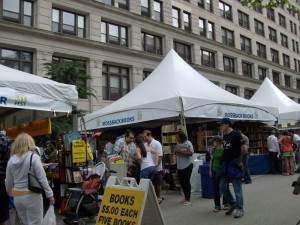It’s a new year and new years remind me of clean slates, which I love. I like being able to wipe away the past to start anew. This is why I am so excited about 2011.
I have many goals including meeting more writers, going to more Chicago literary events, attending writing conferences, finding a mentor, joining a few writing societies and associations, and publishing my collaborative children’s book. I also intend on finishing my middle grade novel. I have already put many of these goals in motion and I will do my dandiest to get it all done.
I want to do more of what is working and rid the stuff that isn’t from my life. One of the most toxic things I’ve held onto are negative thoughts. Two of my resolutions are to practice positive thinking and taking the initiative.
That said, a few awesome things happened to my career this past year. I attribute some of my success to electronic devices, writing accessories, and web sites. I decided to carry these tools into the New Year.
We all know that ideas are fleeting. They’re gone in a matter of seconds. This is why it’s important to pay attention and write them down. For me, a few notebooks and a good solid pen will always do me good. If you are a creative or obsessed with lists, then they are important to you too. Looking for a good notepad? Try any of these Rhodia products.
I am also bringing The Complete Writer’s Market Collection and Writer’s Digest Magazine into 2011. The Complete WM Collection is a C.D. consisting of Writer’s Market, Novel and Short Story WM, Guide to Literary Agents, Poet’s Market, and Children’s Writer’s, and Illustrator’s Market. Each of these guides will cost you anywhere from thirty to sixty dollars each. A single disk containing all of those books costs $100 bucks. I bought last year’s disk, which was on sale for fifteen bucks. Score! It lists almost every publisher, magazine, publication, lit agent, and children’s publisher on the market. There are small descriptions under each listing showing what the contact person, publisher, magazine, lit agent, and children’s publisher is looking for from writers and how much it pays among other things. It’s well worth buying. If you’re not interested in the listings, then get it for the author interviews and writer’s advice. It is more than worth it.
I also love Writer’s Digest Magazine. It is one of those magazines loaded with info. Trust me when I say, you will want to read everything in it. WD magazine goes through several techniques to help writers write better manuscripts and book proposals tailored to each writing genre. I find WD to be an incredible resource. Once a year, they publish a 101 best web sites list for writers. Trust me when I say, you do not want to miss this issue. I find Writer’s Market products to be the most helpful and thorough guides on the market to date.
Last year, I purchased an add-in program for Microsoft Word called My Writer’s Tools. It helps to rid each page of unnecessary adverbs and clichés and it formats each work with the click of a button. It is great.
I also purchased My Word Count, which helps you to strengthen your work by finding repetitious words. I use this program often and recommend it to those that need an extra pair of eyes. There are other comparable programs on the market, but you will be paying double or triple the cost. My Writer’s Tools + Word Count works for me, but I say look around to find the one that suits you best.
Over this last year, I found my digital recorder, Flip, and digital camera to be especially helpful. Each one of these tools has pushed me to learn a bit more about myself by helping me find my voice. My digital recorder in particular has helped me to become a better interviewer and listener. Listening to how you ask questions and respond is a lesson in itself. Nobody wants to sound like a tool. My digital camera and Flip also capture what I think is beautiful or interesting. As a whole, they have been great accessories to my articles and stories.
It is difficult to keep hundreds of web sites and submissions in order, but with these sites I find it rather easy. Writersmarket.com, duotrope.com, and delicious.com have all helped to organize my submissions. Writersmarket.com is accessible for a fee, but they offer a ridiculous amount of information about lit agents, publishing houses, magazines and journals in addition to industry information as well as a submission tracker. Duotrope.com is a free web site geared towards fiction and poetry pubs. They also have a free submission tracker. It is great and not to be passed up. Delicious.com is unlike the previous web sites, but it is invaluable. It helps you organize all of your bookmarks by tags. You have the ability to save an unlimited amount of bookmarks to your account. This way, when you are looking for a particular web site, you just look under your tags to find it. Delicious.com is an online hoarder’s savior.
These are just some of the tools I am bringing with me into the New Year. What are some of the tools you can’t live without in your writing or creative career?

